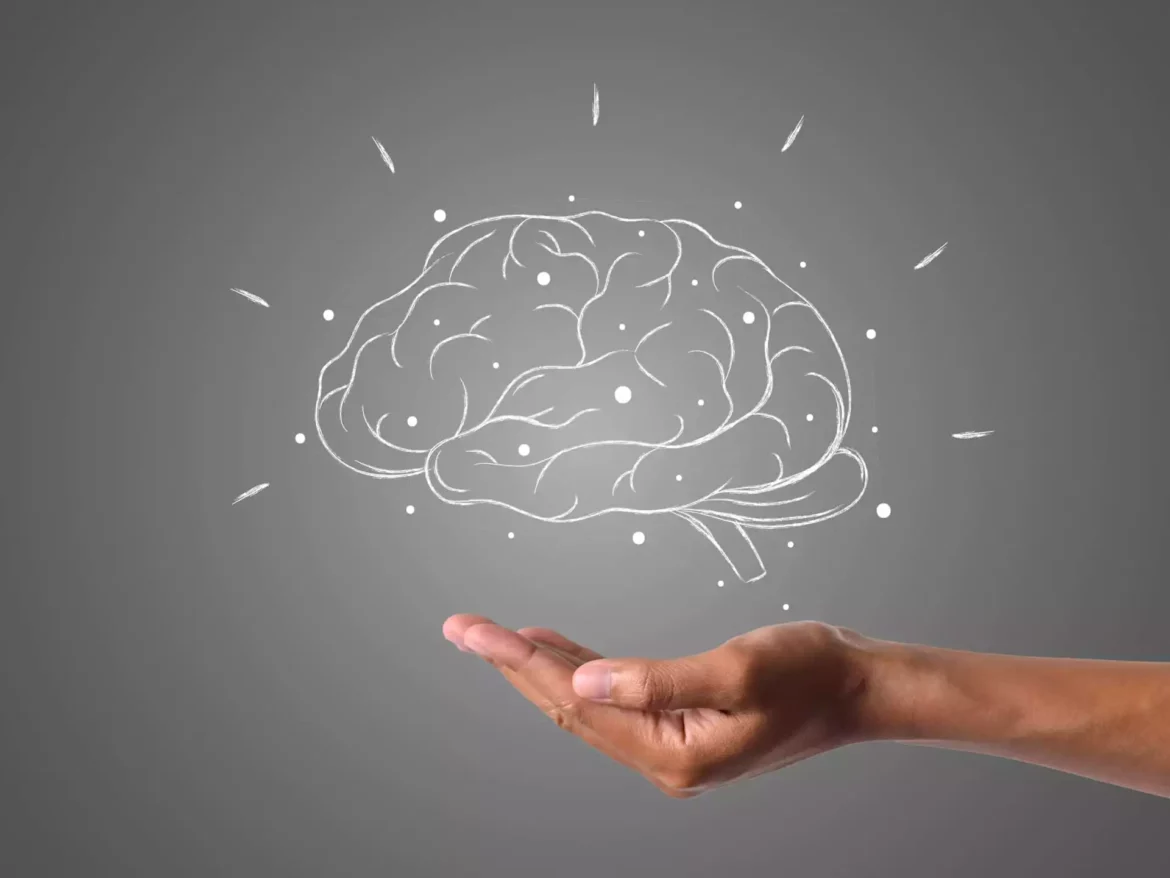Evaluation of performance in Padel
This psychological aspect is a normal feature in Padel, whether you are a professional player, coach or just an amateur.
Have you ever gone up to someone after a match and asked them how the match went?
If you have never done it before, I warn you that it may surprise you. A player may say something like: “today my partner has not had his day and that’s why we lost” and ask the “partner” the same question and find a similar answer, a priori it should be something impossible, right? Well, in Padel you may find this.
But this is not only in the post-competition, but during the competition, there can also be different perceptions of reality, both on the part of the players and the coach sitting with them.
If you are a coach and you are usually at competitions with your athletes, you may have encountered situations like a player on the bench saying, “I don’t play a ball because they are putting me in the fridge” and in your match statistics you can see how the volume of play from the back of the court is being taken over by that same player.
These situations and many others that you can find about this aspect in Padel, can be amusing anecdotes, but for some athletes it can mean communication problems with their partner and work team; frustration for not perceiving their evolution, complexity at a tactical level to find solutions, difficulty to control their level of activation, etc.
If left unattended, it will affect the athlete’s performance and may even affect his or her psychological well-being.
So I’m going to help you understand it and I’m going to show you how you can improve it or help your Padel players to improve it.
If we understand Reality as “that which can be verified by scientific methods” and perception as “an interpretation arising from your individual analysis of information accumulated in your mind”.
It is clear that if we want to bring our perception closer to reality we have to look for methods that allow us to evaluate our performance in a scientific way.
The first thing to do is to set your goals in each area of performance (physical, technical, tactical and psychological) and work in an orderly fashion to achieve them. Here are some steps for you to start your change:
- Create specific goals for yourself: first you should assess your strengths and weaknesses as an athlete. Your goals need not only be linked to your weaknesses but can also be linked to enhancing your strengths, e.g. if you are a very “punchy” player a tactical goal could be “to get at least 3 points per set when I get a lob that I can hit from in front of the service line”.
- Define them well: a technical goal is not “to improve my forehand volley”, we all want that, a goal can be “to make a shorter forehand volley arm when the ball comes fast in order to get a more forward point of impact”.
- Set a time frame for this goal: there should be a start date and an end date, which can be extended if necessary.
- Measure: for this you can mainly record yourself both in training and in competition and analyse these videos both on a qualitative level (observing which aspects are performing optimally, which can be improved and what can be modified) and on a quantitative level through statistical analysis of your efficiency, effectiveness and efficiency.
- Create an improvement process with specific tasks for your goal: you can ask for advice from professionals in the field. For technical and tactical goals you can ask coaches, for physical goals you can ask physical trainers and for psychological goals you can ask psychologists.
If your goal is to make your transitions faster in order to stay at the net longer, evaluate your performance beforehand. Analyse your movement technique. Try other forms and evaluate their effectiveness in your game. Choose the technique and work without a racket to optimise it. And later take it to the court in the form of carts, live ball and re-evaluate it in training and competition.
- Consider how difficult you expect this goal to be: the more difficult the goal, the longer it should be and the more tasks there should be.
Don’t forget that goals should be ambitious but achievable.
If you work focused on specific goals, the evolution of your results will not be linear, as changes that affect your baseline game need time to adapt and it is normal that your performance will decrease in the process.
If you are a junior or amateur, prioritise your performance goals over your result goals.
If you are a professional padel player, during the season rely on your resources and make small variations. At the end of the season, make a good evaluation of it and take advantage of the pre-season to make the important changes observed.
In most sports there are different stages in the season: Pre-season, Minor Competitions and Major Competitions. For example, an Olympic athlete prepares for that Major Competition, going through a long pre-season in which he/she works to get new resources and then has several minor competitions in which he/she uses those resources in the competition and evaluates them to make the appropriate modifications so that once he/she is ready, he/she can compete in the most optimal way possible in the Olympics.
On the other hand, if we analyse the last few years of “Professional Padel”, we can see that there are a lot of tournaments in a row where they all add up to the ranking and also with little space between one season and another, making this type of work even more difficult, which is a major source of stress for most athletes, which in addition to negatively affecting their performance, leads to a greater number of injuries and greater psychological exhaustion.
https://www.ricardoperret.com/articulos/2015/5/12/la-percepcin-vs-la-realidad#:~:text=Si%20la%20realidad%20es%20aquello,informaci%C3%B3n%20acumulada%20en%20tu%20mente.
Carlos Díaz
Sports Psychologist


